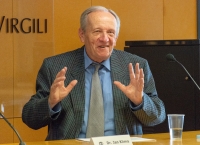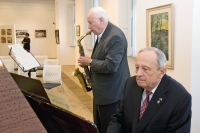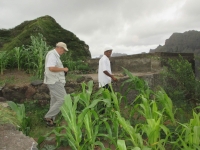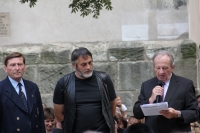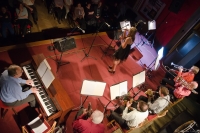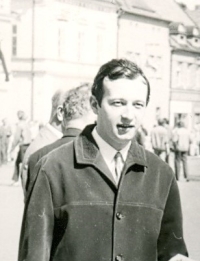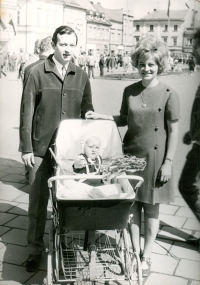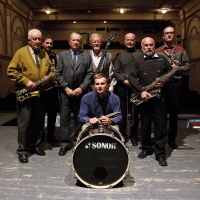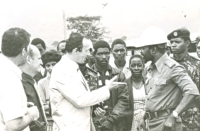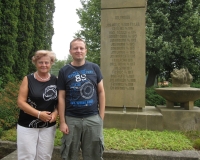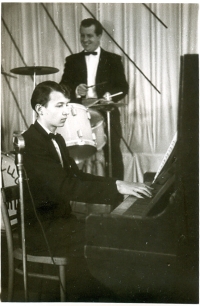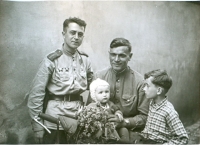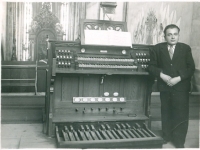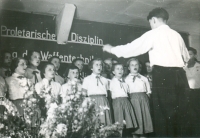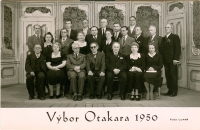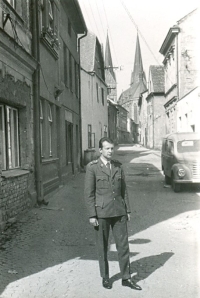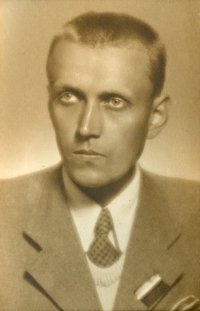He was an interpreter and an intelligence officer in Africa. He survived a bloody massacre there
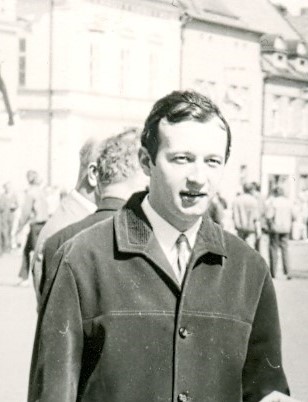
Download image
Jan Klíma was born on 8 December 1943 in Vysoké Mýto. Two uncles were involved in the resistance during World War II, one of them was executed by the Nazis. The other one returned from the concentration camp in poor health. His father worked as a church choir director and brought his son to music. His mother ran a photography studio in Vysoké Mýto. After the victory of communism, pressure grew to nationalize her trade, but she resisted until the early 1960s. The witness managed to study pedagogy and history and taught at primary, secondary and later university level. He took part in protests against the occupation by the Warsaw Pact armies and in a spontaneous demonstration in Vysoké Mýto to celebrate the victory of the Czechoslovak hockey team over the Soviets at the 1969 World Championship. In the same year he was able to visit Germany and thought about emigrating. As he could speak several languages, including Portuguese, he was offered a job as a translator in Mozambique in the 1980s. At the same time, he was approached by military counter-intelligence and he became its collaborator. According to his own words, he was just reporting on the situation in Mozambique. After 1989, he became an employee of the Foreign Ministry and went to Luanda, Angola, as secretary of the Czechoslovak embassy. In Luanda, he lived through the outbreak of a brutal civil war. In Mozambique and Angola he experienced many dangerous situations and hardships. In 1993, he joined the University of Hradec Králové, where he stayed until 2021, when he retired. He taught international relations and Latin American and African history. In 2022 he was living in Vysoké Mýto.
